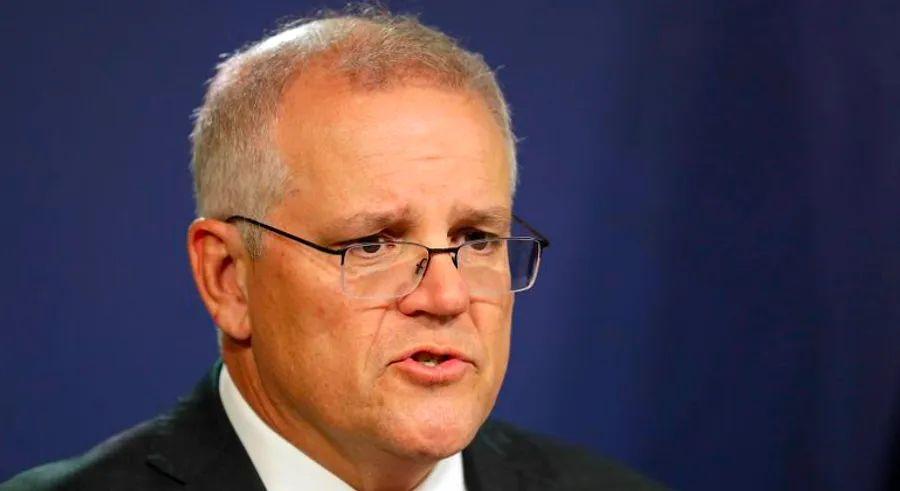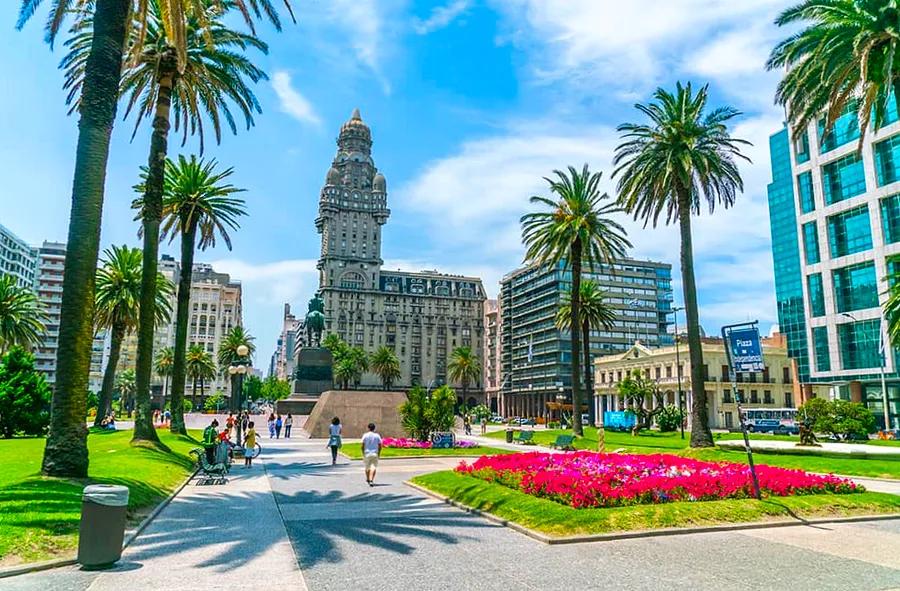Australia faces racism accusations over threats of imprisoning travelers from India for five years

The Australian government has been accused of racial discrimination after warning that citizens who violate a temporary ban on travel between India and Australia could face up to five years in prison.
Starting Monday, May 3, anyone who has visited India in the last 14 days will be banned from entering Australia due to the escalating coronavirus crisis in India, which saw nearly 400,000 new cases reported in a single day on Sunday.
Health Minister Greg Hunt stated, 'The Government does not make these decisions lightly. However, it is essential to protect the integrity of Australia’s public health and quarantine systems and reduce the number of Covid-19 cases in quarantine facilities to manageable levels.'
In the past week, Australia has confirmed 139 new cases of Covid-19 acquired overseas.
The new travel restrictions followed reports of two Australian cricketers traveling to Melbourne via Doha to bypass the government’s ban on direct flights from India to Australia, implemented last week.
Local news outlets reported that this is the first time Australians have faced criminal charges for attempting to return to their home country, a measure not imposed during the Covid-19 crises in the UK and the US.
The travel ban on arrivals from India has faced significant backlash from Australia’s Indian community, human rights groups, and even members of the government.
Senator Matt Canavan expressed on Twitter that addressing Australia’s quarantine system should be prioritized over ‘leaving fellow Australians stranded.’
'We should be assisting Australians in India to return home, not imprisoning them,' he stated. Approximately 9,000 Australians in India are registered with the government seeking to return to Australia.
Conservative columnist Andrew Bolt wrote in an article on Monday that the travel ban 'reeks of racism,' criticizing the decision as one driven by 'fear, ignorance, and incompetence.'
'I can’t fathom a travel ban being imposed on white Australians fleeing from countries like England,' Bolt commented.
The Australian Human Rights Commission issued a statement on Saturday, expressing concern that the travel ban and criminal penalties raised 'serious human rights issues' and urged the Senate to review the measures immediately.
'The justification for such restrictions must be made public. The Government needs to prove these measures are non-discriminatory and the only appropriate response to the public health threat,' the statement emphasized.
On local radio Monday, Australian Prime Minister Scott Morrison defended the decision, saying it was made 'in the best health interests of Australia.'
He stated that the powers would be 'used responsibly' to enforce the ban on arrivals from India, aiming to alleviate pressure on the hotel quarantine system.

During a press briefing on Sunday, Foreign Minister Marise Payne rejected accusations of racism, explaining that the travel ban was implemented based on advice from Australia’s Chief Medical Officer, Paul Kelly.
However, in an interview with the Australian Broadcasting Corporation on Monday, Kelly stated that 'no advice was given' to enforce fines or prison sentences as part of the measures.
'That’s simply how the Biosecurity Act operates. If there's a violation of what’s considered an improper use of emergency powers, this is the outcome,' Kelly explained.
Kelly also mentioned that he had advised the government that action needed to be taken regarding the number of positive Covid-19 cases entering Australia’s hotel quarantine system.
Foreign Minister Payne stated on Sunday that 57% of the coronavirus cases detected in quarantine are currently coming from India.

1

2

3

4

5
Evaluation :
5/5